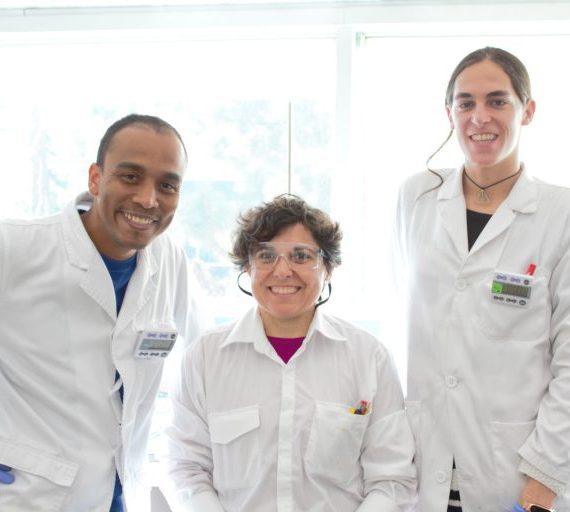A top priority for drug developers is to find outsourcing partners with experience in transferring and scaling their product formulation and processes from sending unit (SU) to commercial-scale receiving unit (RU) in compliance with regulatory agencies.
Whether you are a new drug developer or a veteran, there are four key considerations you should consider when you search for a CDMO partner for a strong technology transfer performance.
1. Geography
An understanding of the market landscape is not only to secure global market manufacturing capacity, the manufacturing partner should also understand the terrain of your campaign and the landscape of your entire drug marketing strategy including:
- Understanding of applicable regulatory filings in your market
- Operations that are compliant with applicable regulations
- Scale, flexibility and reach to meet the needs of global markets
- Supply chain integrity along the entire development path
- Data security and integrity
That is why, it is very important:
- To take time to thoroughly understand the regulatory environment that you are targeting when you plan and strategize a tech transfer.
- To analyzed the import and export regulations.
- To be mindful of cultural differences between markets.
2. Technology
Here is important to review your partner’s technical transfer performance against its ability to:
- Recognize economies of scale keeping in mind the safety and sustainability.
- Deliver robust, reliable, and validated processing capabilities.
It is important to conduct a deep dive to understand the factors that may affect the technology transfer including a gap assessment and risk assessment. Also, ensure that you understand the robustness of the drug product and its sensitivities.
It is important to involve all relevant functions in the technology transfer, from the Technical team, to Supply Chain, Regulatory, Quality and Environmental, Health and Safety teams.
Related Read: Quality By Design in Biologic Drug Development
3. Regulatory compliance
The regulatory compliance is another consideration that you should take into account. For that, you should evaluate the CDMO’s ability to proactively maintain regulatory compliance, considering these key indicators:
- Dossier requirements and the ability to harmonize components for use in multiple markets
- Solid cGMP manufacturing and a demonstrated history of continuous improvement
- Documentation and filing data management
- Regulatory responsiveness
- Understanding of regulatory bodies
- Good relationships with regulatory bodies
It is very important to establish and document your regulatory strategy first, considering any changes can be made during the tech transfer process, like changing of suppliers for one or more raw materials.
4. The talent
Managing successful technology transfers between organizations requires talented people with proficient project management and operational skills combined with scientific expertise. For that is very important to align roles and responsibilities between the SU and RU.

You should emphasize the importance of project management skills as well as technical skills as a large volume of the work is management-led and, without these skills, a successful tech transfer could potentially be at risk.
Conclusion
No matter what your strategy is, the success of any program is likely to be prefaced by a robust, efficient, and smooth technology transfer.
Evaluate the potential of prospective CDMO partners on their technology transfer performance parameters, keeping always in mind these four key considerations: geography, technology, regulatory compliance and talent. If you do so, your will have a strong technology transfer performance with better outcomes.
Are you searching for a CDMO partner for a strong technology transfer performance? Get in touch with us and we will inform you about 53Biologcs´ technology transfer expertise for your project.


